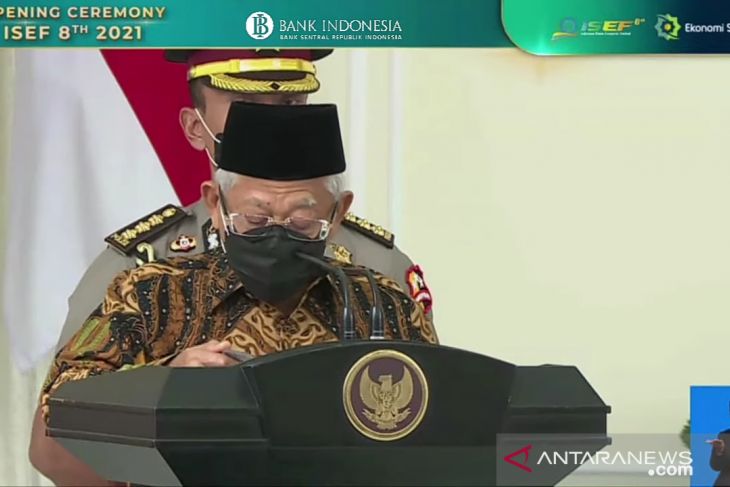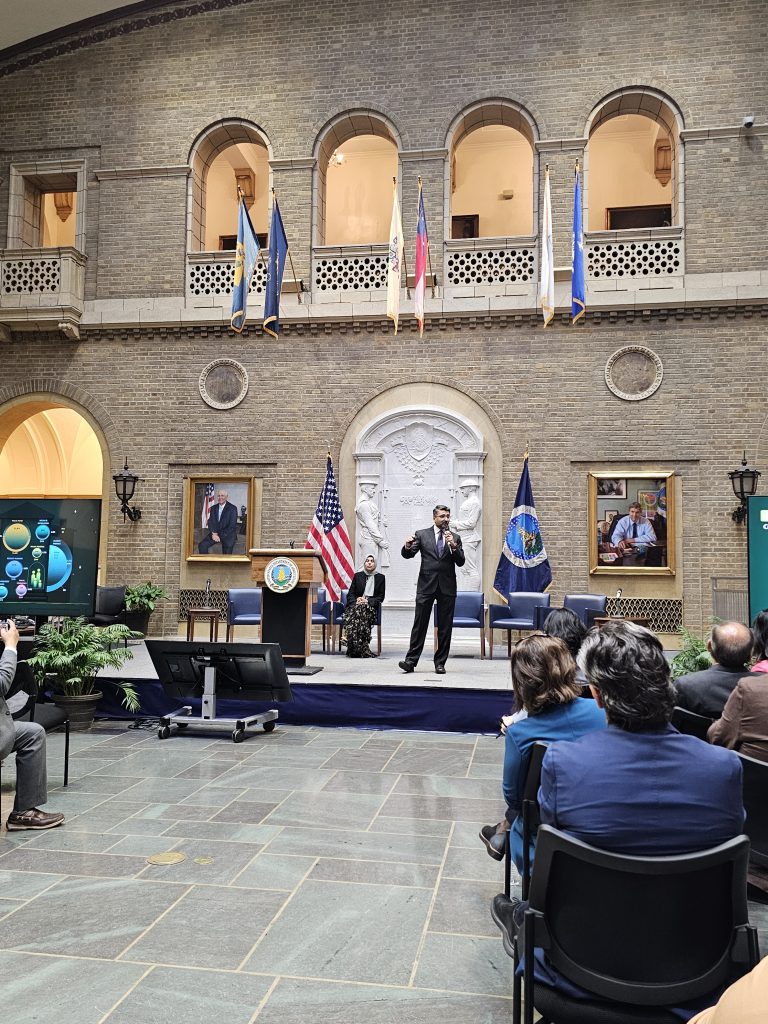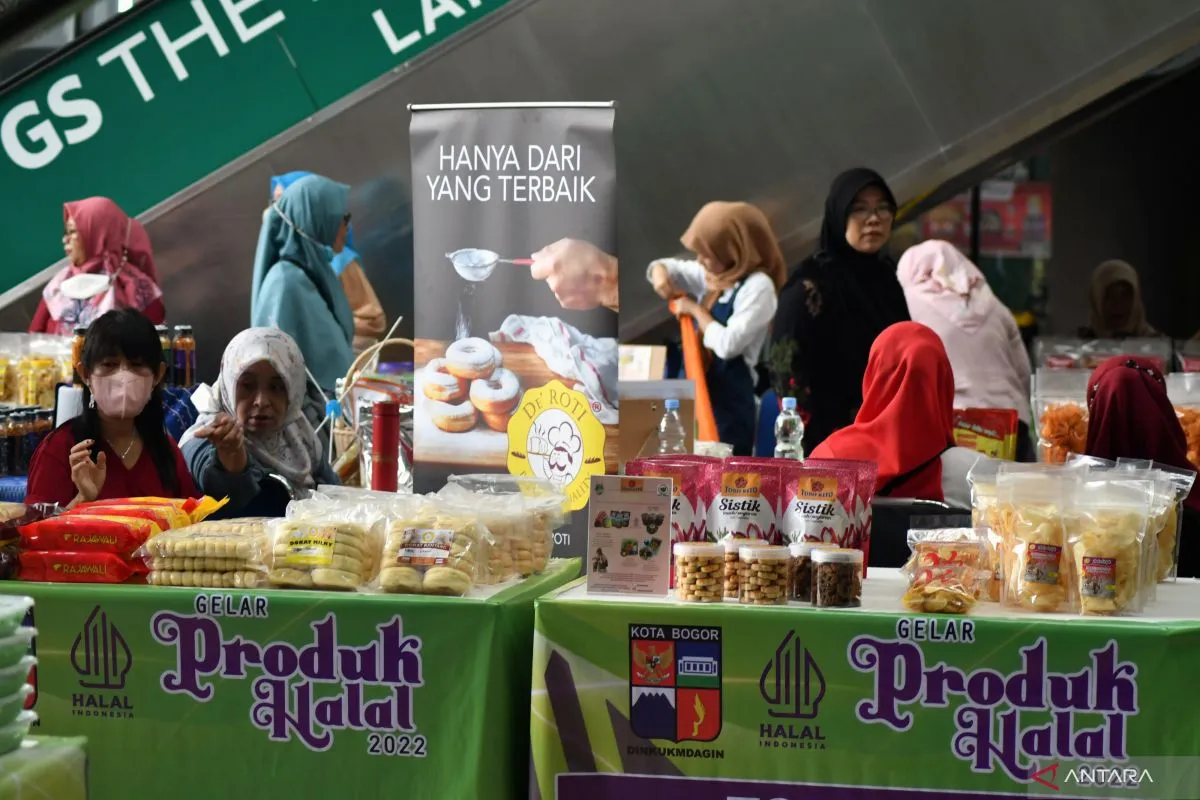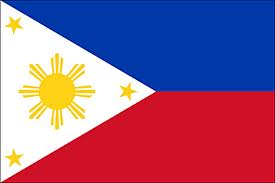“This is apparent from many countries that are focusing on developing the halal industry. The countries include Brazil, Thailand, South Korea, Japan, and China, which have relatively small Muslim populations,” he said while opening the Indonesia Sharia Economic Festival (ISEF) 2021, accessed from Jakarta on Wednesday.
The Indonesian government also continues to promote the role of the halal industry in the national economy, he added.
To that end, the government has issued a master plan for Indonesia’s sharia economy (2019-2024) to determine strategic directions for the development of sharia finance in the country, he noted.
In addition, it has also upgraded the Sharia Economic and Financial Institution to the National Committee for Sharia Economy and Finance (KNEKS) under Presidential Regulation No. 29/2020, with the president serving as its chairman and the vice president as deputy chairman and day-to-day chairman of the committee, he said.
“The Industry Ministry has issued Industry Minister’s Decree No. 17/2020 concerning the procedure of applying for a certificate to build a halal industrial estate. This is the initial step to build halal industrial estate in Indonesia,” he added.
The government will also continue to make breakthroughs to support the development of the halal industry by issuing a policy or program covering codifying halal products, issuing halal certificates, providing incentives for halal industrial estates, supporting sharia financing, creating a halal product industry ecosystem, increasing literacy and inclusion, digitizing sharia businesses, and promoting the competency of sharia economy and finance-based human resources, among others, he informed.
To support halal industrial research and development, he said KNEKS and the National Research and Innovation Agency (BRIN) have formulated terms of reference for national research, which are expected to push for innovation and creation of sharia products and services that have a high competitive edge and are sustainable.




